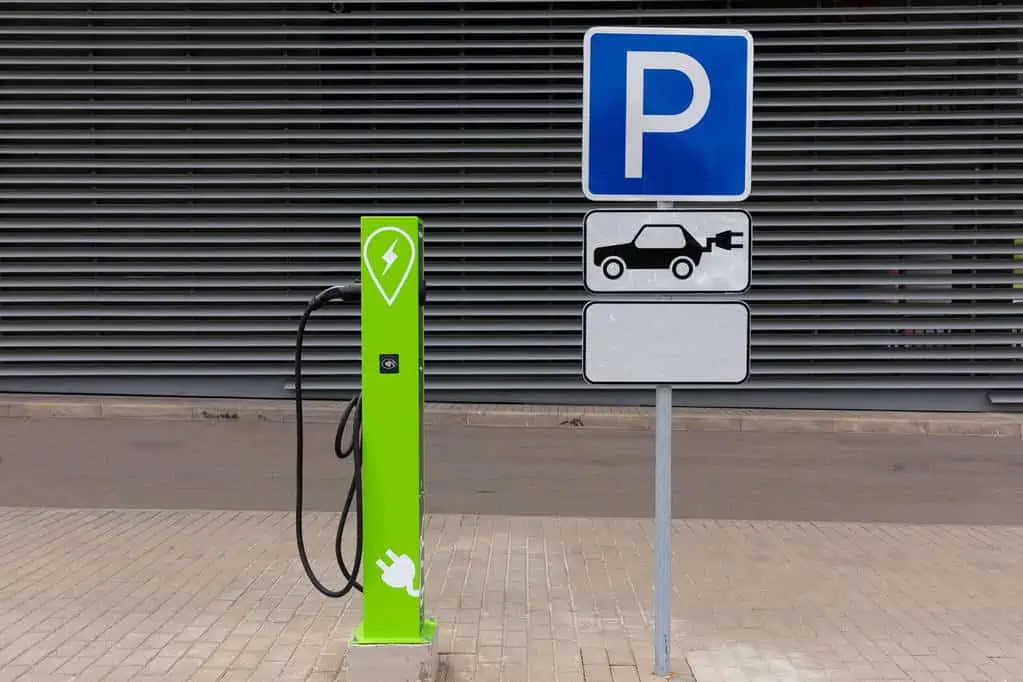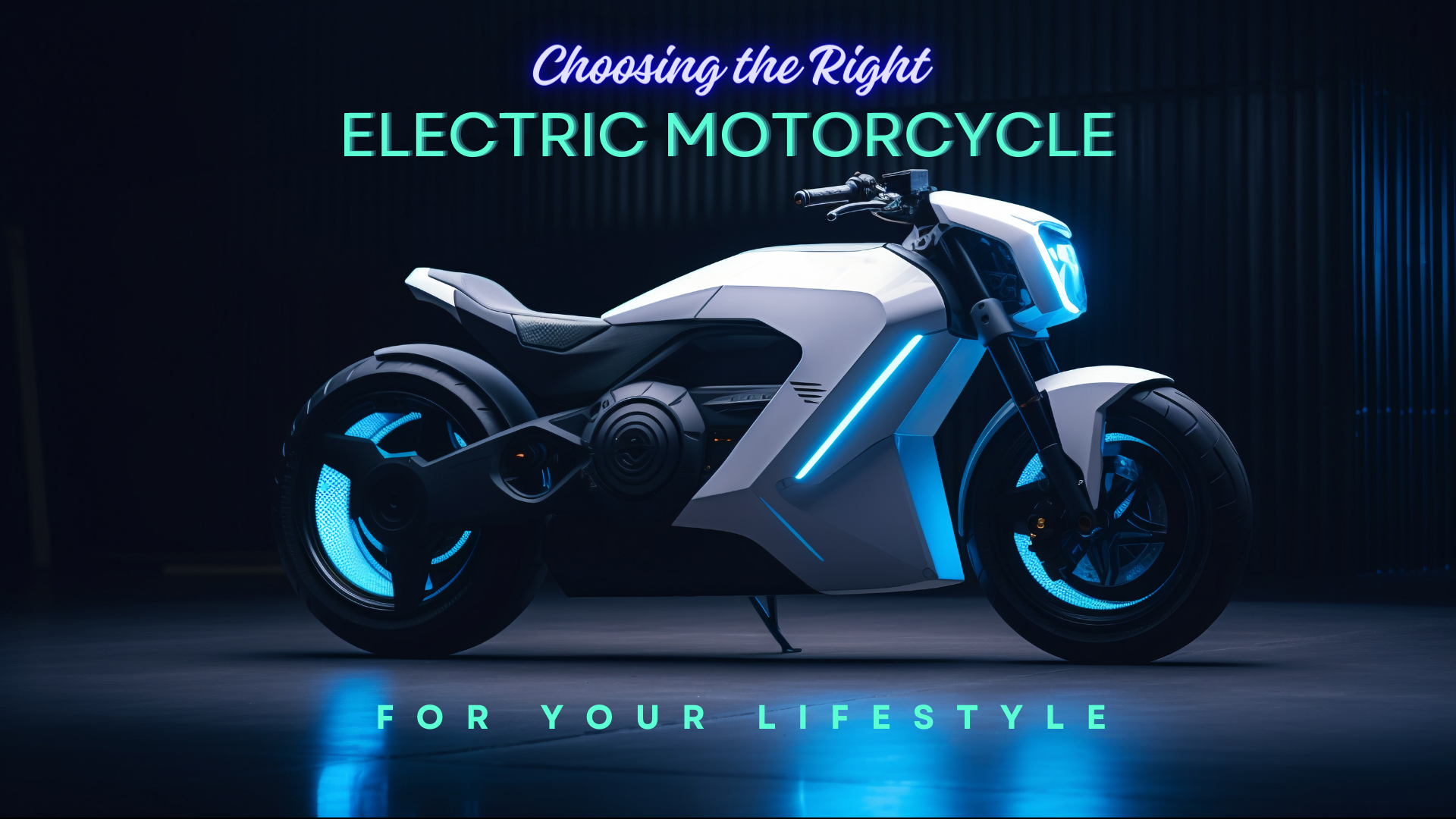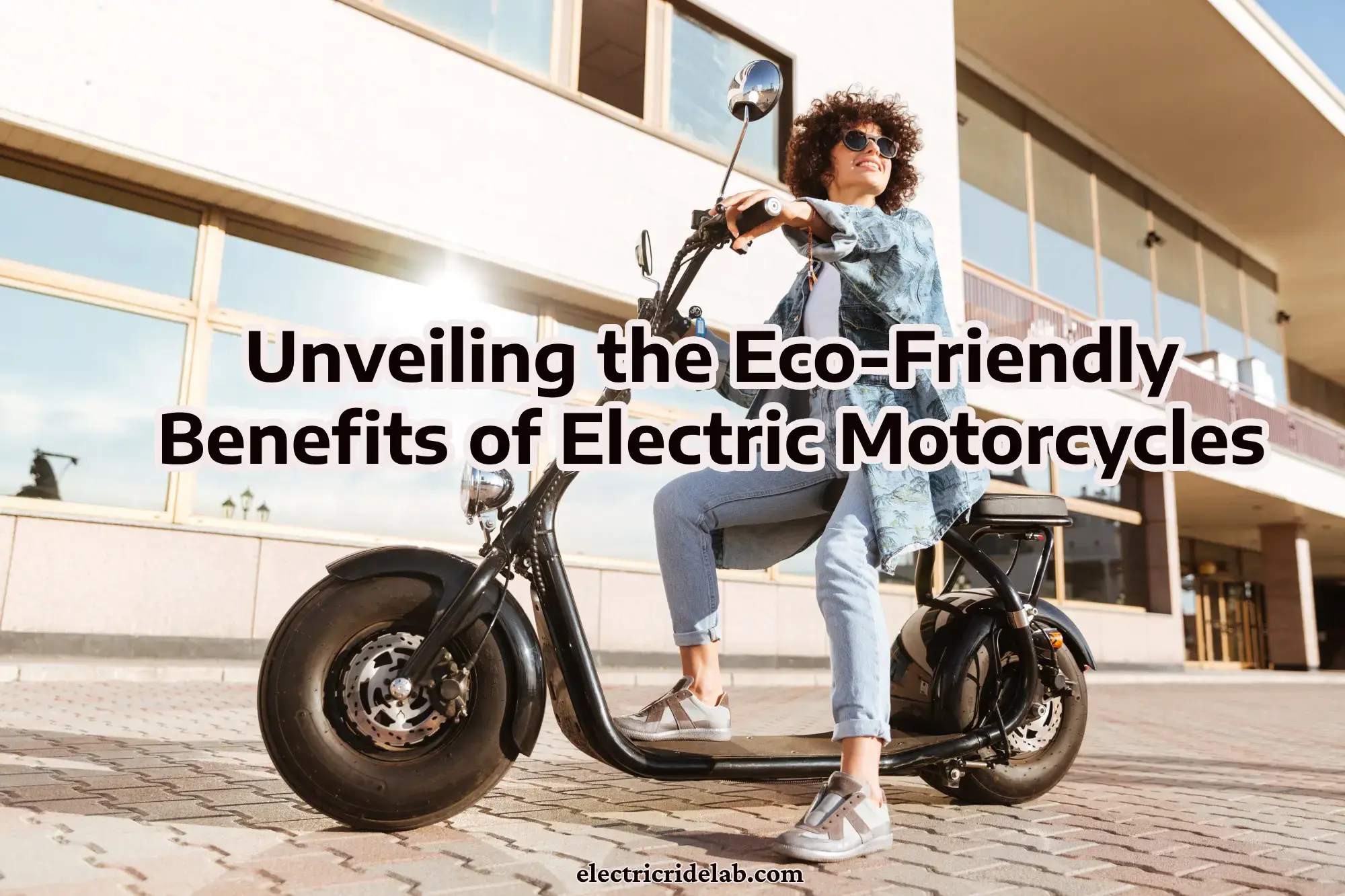Electric vehicles (EVs) have long been touted as the next big thing in the auto market. However, they still haven’t quite caught on widely because of their high price point. The prevailing argument is that electric cars provide a good return on investment. Hence the question, are electric cars cheaper in the long run?
It is true that electric cars provide a new way of getting around without burning fossil fuels, using electricity as an efficient, clean, and affordable form of energy. But, it’s not just the car itself that’s expensive.
Even insurance on electric cars is more expensive. Companies like Lemonade are trying to change that by offering benefits and discounts to electric car owners. However, at the very least, the initial outlay is too high for most people. With gas prices rising rapidly, this is an attractive point.
Is it accurate though? Are electric cars cheaper in the long run?
There are a number of factors which will help determine whether electric cars are in fact cheaper in the long run.

The Price of Electric Vehicles- Are Electric Cars Cheaper in the Long Run?
We first need to discuss just how much more expensive it is to buy an EV. Most people tend to have an inflated idea of the sticker value of an electric car, based on an outdated understanding. The reality is that EVs are still more expensive, but not by that much.
The average sticker price for an EV in 2021 was about $10,000 more expensive than a traditional vehicle. In context of monthly repayments, this likely means around just less than $200 more per month. This may seem steep, but let’s look at it in context of the savings.
Electricity vs. Gas- Are Electric Cars Cheaper in the Long Run?
With gas prices currently far from stable, determining just how much cheaper it is to fill an EV battery than to fill the gas tank of a car is difficult. However, we can look to a 2020 report that suggests EV drivers spend 60% less on powering their car than drivers of traditional vehicles.
Putting this into concrete terms is impossible without stable power prices. But a study from 2018 suggests that the average driver of a gas-powered car spent $1,117 compared to $485 for electric vehicles. In 2022, people are driving less due to the lingering effects of the pandemic, but energy has also gotten more expensive.
Even if we use those 2018 values, however, we can see that the cost of driving an EV begins to even out the value. Assuming that you are paying around $2,000 extra every year on car payments, it would only take about 3 years to break even, at which point you would be saving significantly year on year to power your car.
Unfortunately, it isn’t quite that simple. There are other expenses to factor in when driving an EV. As mentioned, insurance for a car that costs $10,000 more is always going to be more expensive, even with discounts provided by insurers. There is also the matter of repairs.
Specialized Parts and Repairs- Are Electric Cars Cheaper in the Long Run?
Electric cars are not nearly as common as traditional vehicles. Parts are subsequently significantly more expensive to source. Finding a mechanic who can service EVs is also more difficult, and they can charge a lot more. If a part of your car stops working once it is out of warranty, you may find yourself with a bill that is higher than you can afford.
EVs are not supposed to just pack up for no reason, and the likelihood of you having to replace an entire part is relatively low, but if it happens the scales quickly tip the other way, making a gas-powered alternative more affordable.
Environment and Tax Incentives- Are Electric Cars Cheaper in the Long Run?
According to the above factors, driving an EV may be cheaper in the long run, although complications can be expensive. But even if you are not wowed by the economic value of an EV, the environmental price you pay for driving a gas-powered vehicle is far higher. EVs are beginning to look more and more like the future of automobiles because they are good for the environment.

The good news is that this can help you financially as well, with tax incentives available to drivers of EVs. This is yet another way that electric cars can turn out cheaper over time. Hence, a resounding yes is the answer to the question, ‘Are electric cars cheaper in the long run?’




